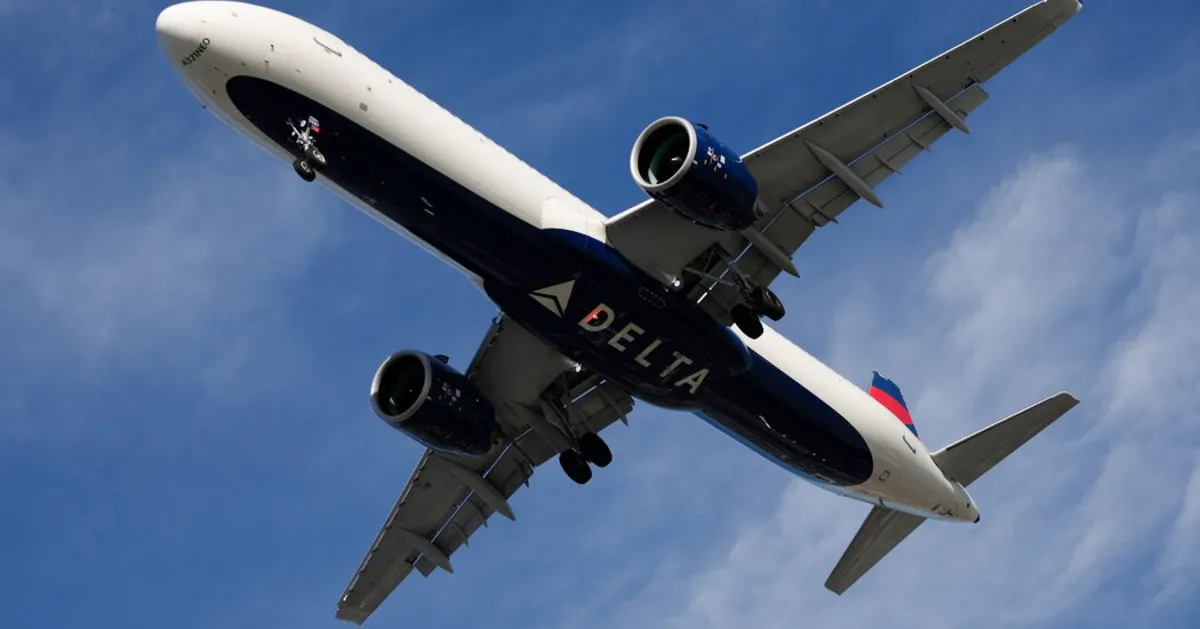
On Thursday, Delta Air Lines announced a quarterly profit that exceeded expectations, signaling to investors that the demand for travel has begun to “stabilize” after a challenging start to the year. This positive earnings report resulted in a surge of over 10 percent in Delta’s share price during premarket trading, reflecting investor confidence in the airline's future.
While Delta lowered its financial forecast for the full year, this adjustment was viewed as an improvement compared to the previous quarter when the airline had to withdraw its projections entirely due to economic uncertainties. Factors contributing to this uncertainty included ongoing tariffs, a decline in travel among federal employees, and growing traveler anxiety following several high-profile plane crashes.
According to Delta’s president, Glen Hauenstein, consumer travel demand in the second quarter remained approximately flat compared to the same period last year. However, the airline reported significant gains in high-margin sectors such as the sale of premium-priced tickets, international travel, and its lucrative credit card program. “Demand trends stabilized at levels that are flat to last year and we continued to see resilience in our diverse, high-margin revenue streams,” Mr. Hauenstein stated in a recent announcement.
Earlier in the year, Delta had set ambitious expectations, predicting it would achieve the best financial performance in its 100-year history. However, the airline now anticipates earnings to be around 15 percent lower than initially projected at the beginning of the year. This trend of lowering expectations is not unique to Delta; many airlines are reevaluating their forecasts.
Bob Jordan, the chief executive of Southwest Airlines, remarked in a recent interview with The New York Times that this summer has been characterized by demand falling short of previous forecasts made six months ago. Nonetheless, Delta's strong performance may be a positive indicator for other major airlines with premium offerings, as they prepare to report their earnings later this month, as noted by Tom Fitzgerald, an airline industry analyst at TD Cowen.
In response to the shifting economic landscape and decreased travel demand, Delta and other airlines have implemented cost-cutting measures and trimmed flight schedules to align better with current demand. External factors such as President Trump’s trade war and federal government job cuts have further contributed to a slowdown in travel. Moreover, consumer anxiety has been heightened by recent fatal plane crashes, including those in South Korea and Washington, and a Delta flight that experienced a crash landing in Toronto in February, though thankfully, all 80 passengers and crew members on board survived.
As Delta Air Lines navigates these complex challenges, its latest earnings report provides a glimmer of hope for the airline industry. With a focus on high-margin revenue streams and strategic adjustments to its financial outlook, Delta is setting a benchmark that may inspire confidence among its peers in the aviation sector.